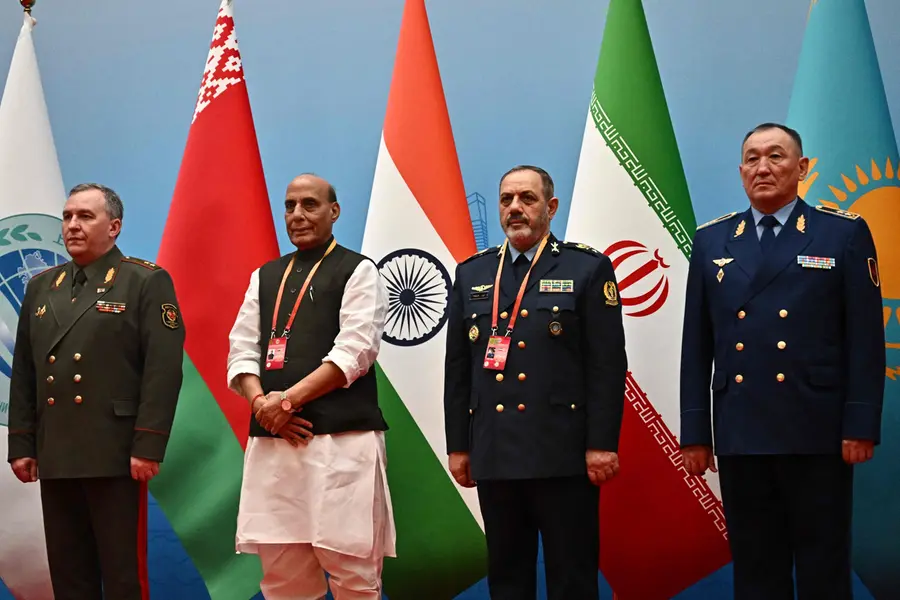India’s Defence Minister Rajnath Singh refused to endorse the closing statement at the SCO Defence Ministers’ conclave in Qingdao. His decision stemmed from the document’s omission of the April 22 Pahalgam terror attack (which claimed 26 lives) and its inclusion of Balochistan — implicitly accusing India of fomenting unrest.
In a clear statement of disapproval, an Indian ministry official said: “India is not satisfied with the language of the joint document. There was no mention of the terrorist attack in Pahalgam, there was mention of the incidents that happened in Pakistan, so India refused to sign the joint declaration, and there is no joint communique either.”
India Blames Pakistan, China for Blocking Pahalgam Mention
Diplomatic sources suggest Pakistan pushed for the removal of the Pahalgam reference, with China — holding the SCO presidency this year — supporting that move. New Delhi has firmly rejected Islamabad’s repeated allegations of involvement in Balochistan, urging Pakistan to scrutinise its own support of militant groups instead of indulging in baseless accusations.
During his address, Mr Singh pressed fellow SCO nations to tackle terrorism head‑on, linking it to the region’s erosion of security and stability. He condemned states that back non-state militants and warned against double standards in counterterrorism efforts.
“Peace and prosperity cannot co-exist with terrorism and proliferation of Weapons of Mass Destruction in the hands of non‑state actors and terror groups…” the minister pointedly stated, in a veiled reference to Pakistan’s policies.
At SCO, India Warns: No Safe Havens for Terror
He also spotlighted the Pahalgam attack, carried out by The Resistance Front (aligned with Lashkar‑e‑Taiba), emphasising its chilling pattern and India’s right to respond: “On 22 April 2025, the terror group ‘The Resistance Front’ (TRF)… killed twenty-six innocent civilians… Victims were shot at after they were profiled based on their religious identity.”
He explained that India responded decisively with Operation Sindoor on May 7, to dismantle hostile terrorist infrastructure across the border.
“…on 7 May 2025 successfully launched Operation Sindoor to dismantle cross‑border terrorist infrastructure,” Singh reminded the gathering.
The Defence Minister also urged the SCO to hold accountable not only the perpetrators but also their sponsors and financiers, reiterating: “Any acts of terrorism are criminal and unjustifiable regardless of their motivation, whenever, wherever and by whomever committed. SCO members must condemn this evil unequivocally.”
India Backs SCO’s RATS, Urges Youth De-Radicalisation
He praised the SCO’s anti‑radicalisation arm, RATS, and called for deeper vigilance against the spread of extremist ideology among youth.
India’s hardline approach at this summit comes on the heels of global efforts that followed Operation Sindoor, where eight diplomatic delegations were dispatched to make India’s stance on terrorism and defence clear.
The two-day SCO meeting, hosted by China, brought together defence leaders from across the bloc—including Russia, Pakistan, and Central Asian nations—with a focus on regional security. By standing firm, India has signalled it will not compromise on its counter‑terror principles, even at the cost of a collective declaration.


